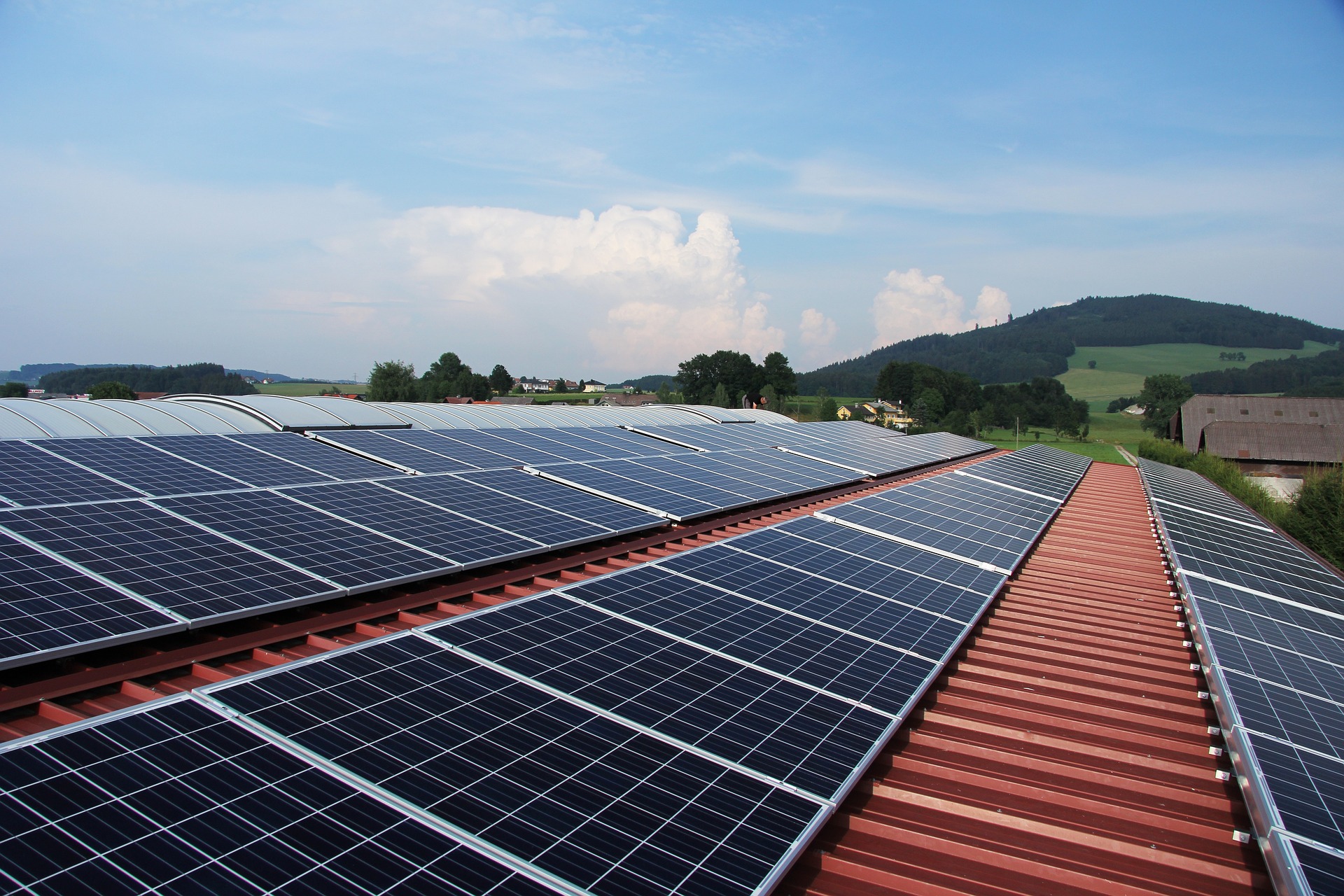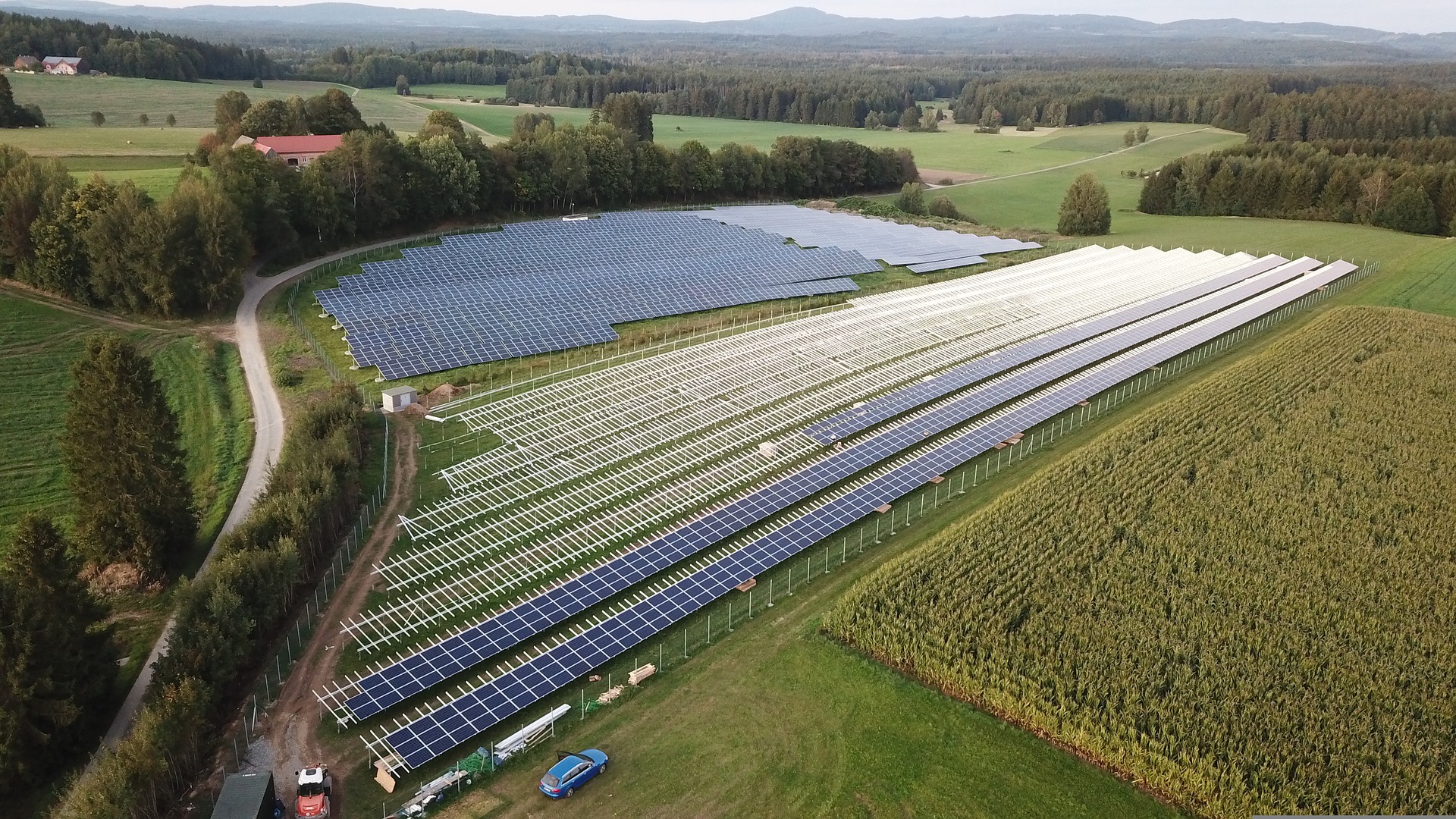
Until now, only the difference between the energy produced by the solar panels and the energy consumed by the household had to be settled.Continue reading

At present, the Hungarian electricity grid is not able to cope with the increased consumer demand and there is a major problem in feeding back the energy generated by solar panels. However, there might be a solution in the form of a Hungarian development that can be used to store green energy at home.
The Hungarian development is the NN Power Cube, an uninterruptible system installed in a container. Its advantage is that it combines electricity from the grid, electricity generated by residential solar panels, and from other alternative energy sources. It uses mainly green energy, i.e. it only draws power from the grid when the solar panels are not generating enough electricity to run uninterrupted.
The system would be capable of off-loading the grid of a family house of 50-600 square meters for about eight months.
For a town with a population of about 20,000, 30 Cubes could generate and store enough electricity to power essential services (e.g. public administration, health, transport, fuel supply). However, the price for such a Cube is not yet known.
In Hungary, the Ministry of Technology and Industry announced on October 17 that the government will postpone the second phase of residential solar tenders, which can only be launched once an agreement on EU funding and its use has been reached.
Shortly before, on October 14, the government also made a major announcement to suspend the feed-in tariff for newly connected residential solar systems. The reason for this is that solar panel systems have recently been spreading at a very rapid pace due to the energy crisis, but the Hungarian electricity grid needs to be upgraded. As a result, the government has promised to upgrade the system in the future.
The government has also abolished balance billing, because the current system cannot accommodate more solar-generated electricity. This has brought to the surface the problem of people not knowing where to store their electricity at the moment. But in the future, the Hungarian-developed Cube could provide a real solution.
Featured photo via Pixabay